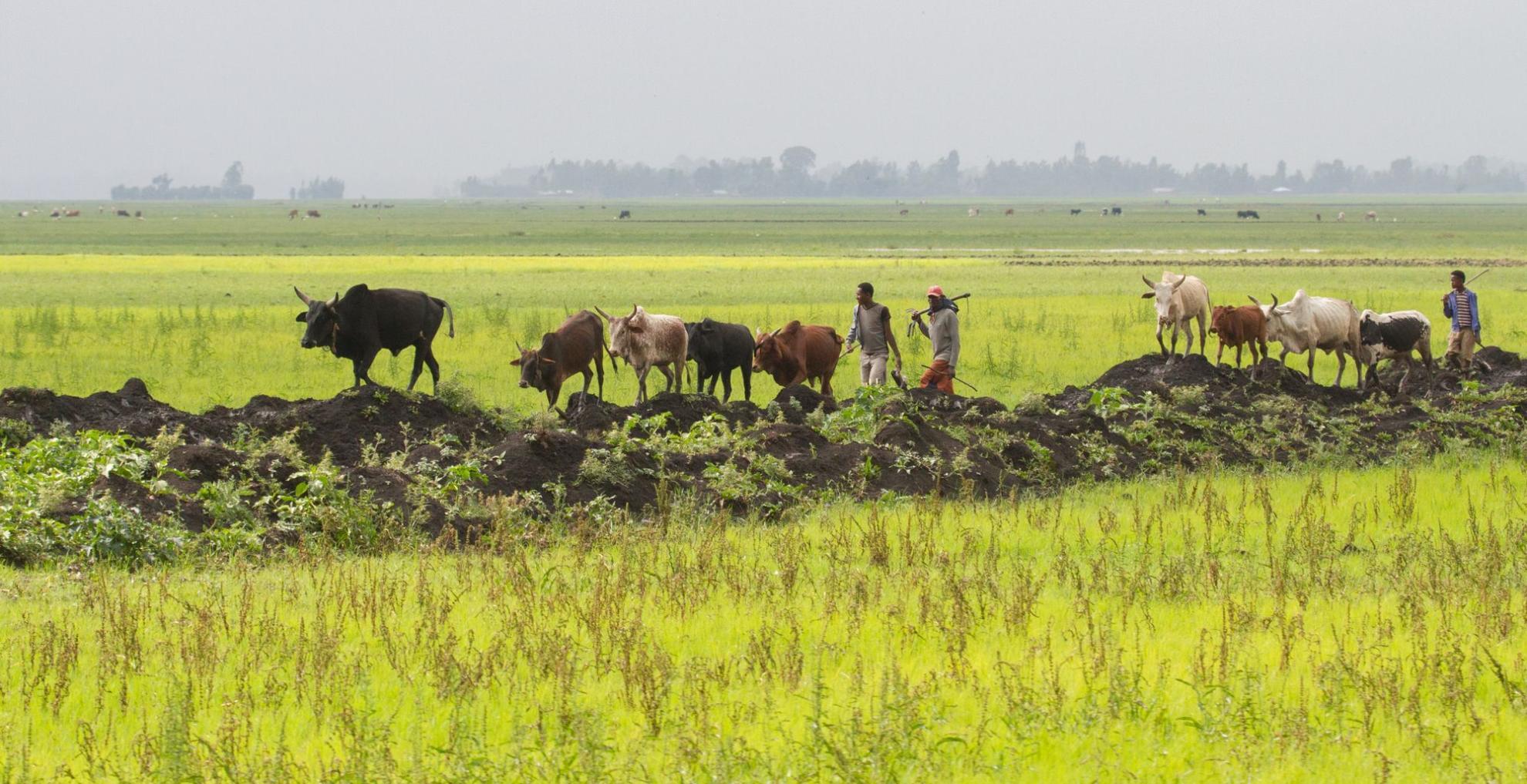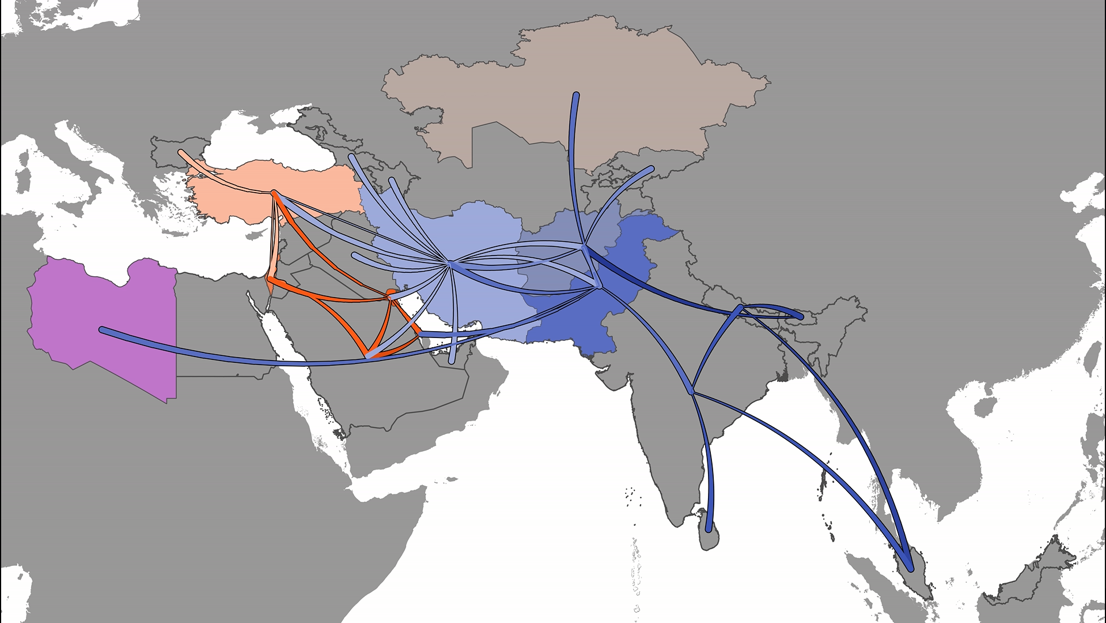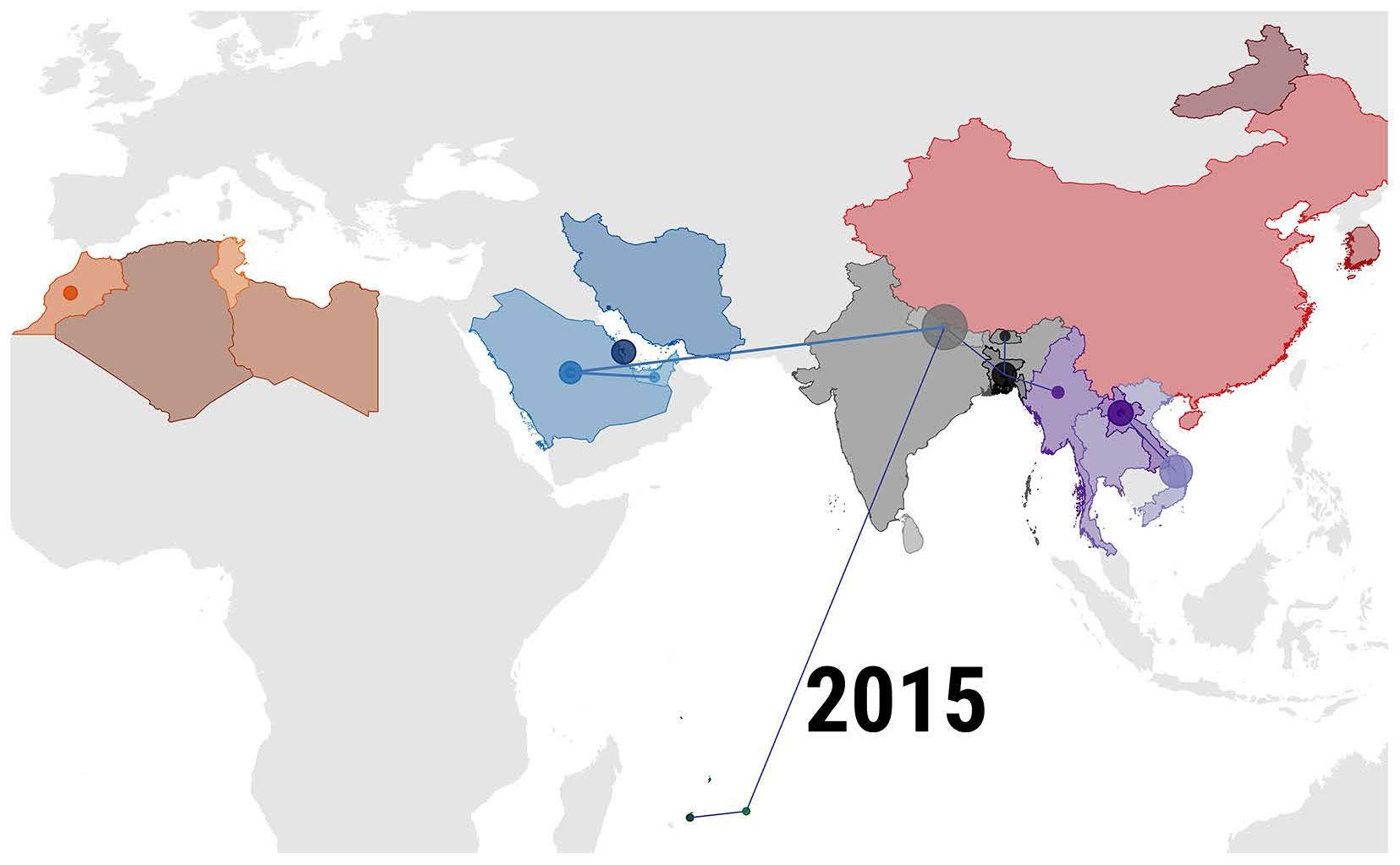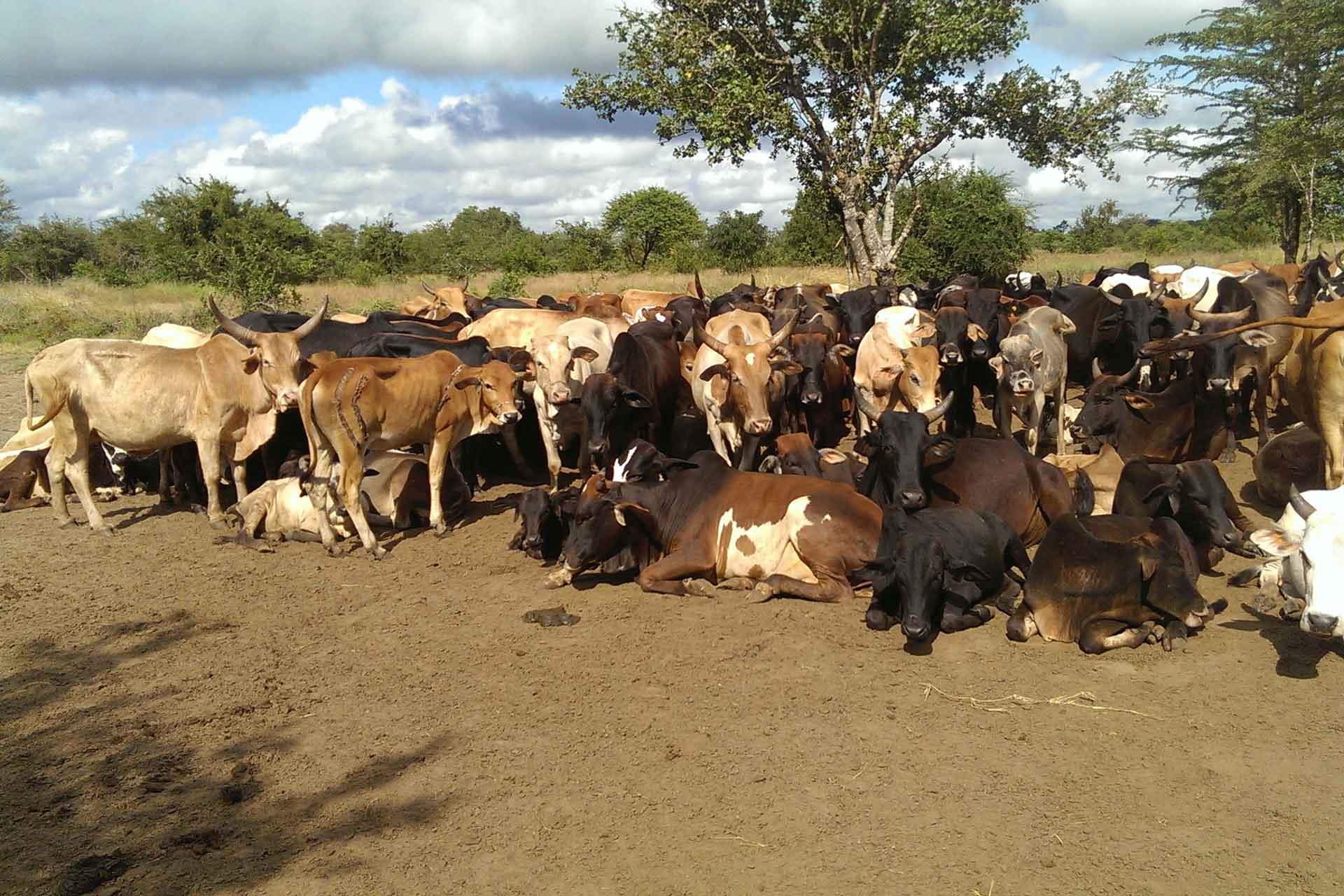
Dr Antonello Di Nardo
Antonello is a Senior Molecular Epidemiologist working at the Vesicular Disease Reference Laboratory group and the FAO World Reference Laboratory for foot-and-mouth disease (WRLFMD). He is a member of the foot-and-mouth disease virus nomenclature working group.
By using computational methods in phylogenetics that combine genetic, spatial and ecological information, he studies the dynamics of virus populations and their evolutionary processes. His research interests focus on the understanding of processes that drive transmission dynamics of infectious diseases at a multi-scale perspective, integrating analytical methods adopted from molecular evolution, epidemiology, population and ecosystem ecology. Antonello is the leading developer of the openFMD platform, and he works on all aspects of the system, including backend/frontend development, data management and visualisation, operational processess and server maintenance.
Antonello qualified in Veterinary Medicine from the University of Bologna in 2006, later receiving the MSc in Public Health Research from the University of Edinburgh in 2008. During his graduate and post-graduate studies he conducted field epidemiological investigations of RVF and PPR in West and East Africa, studying risk factors that influence the dynamics of disease transmission. In 2009, he took up the position of Veterinary Epidemiologist at the former Institute for Animal Health, supporting the epidemiological studies of the FMD programme as a complement of the work of the World Reference Laboratory for FMD in the global monitoring of the disease. He later completed his PhD at the Institute of Biodiversity, Animal Health and Comparative Medicine, University of Glasgow, in 2015. His PhD work was focused on investigating how the signal of ‘effective number of infected population’ can be recovered from virus sequence data, and on examining the effect of sampling for reconstructing viral population dynamics. He is currently a resident of the European College of Veterinary Public Health, Population Medicine subspeciality.
Publications
Articles
Committees
- Bioinformatics, Sequencing & Proteomics (BSP)




